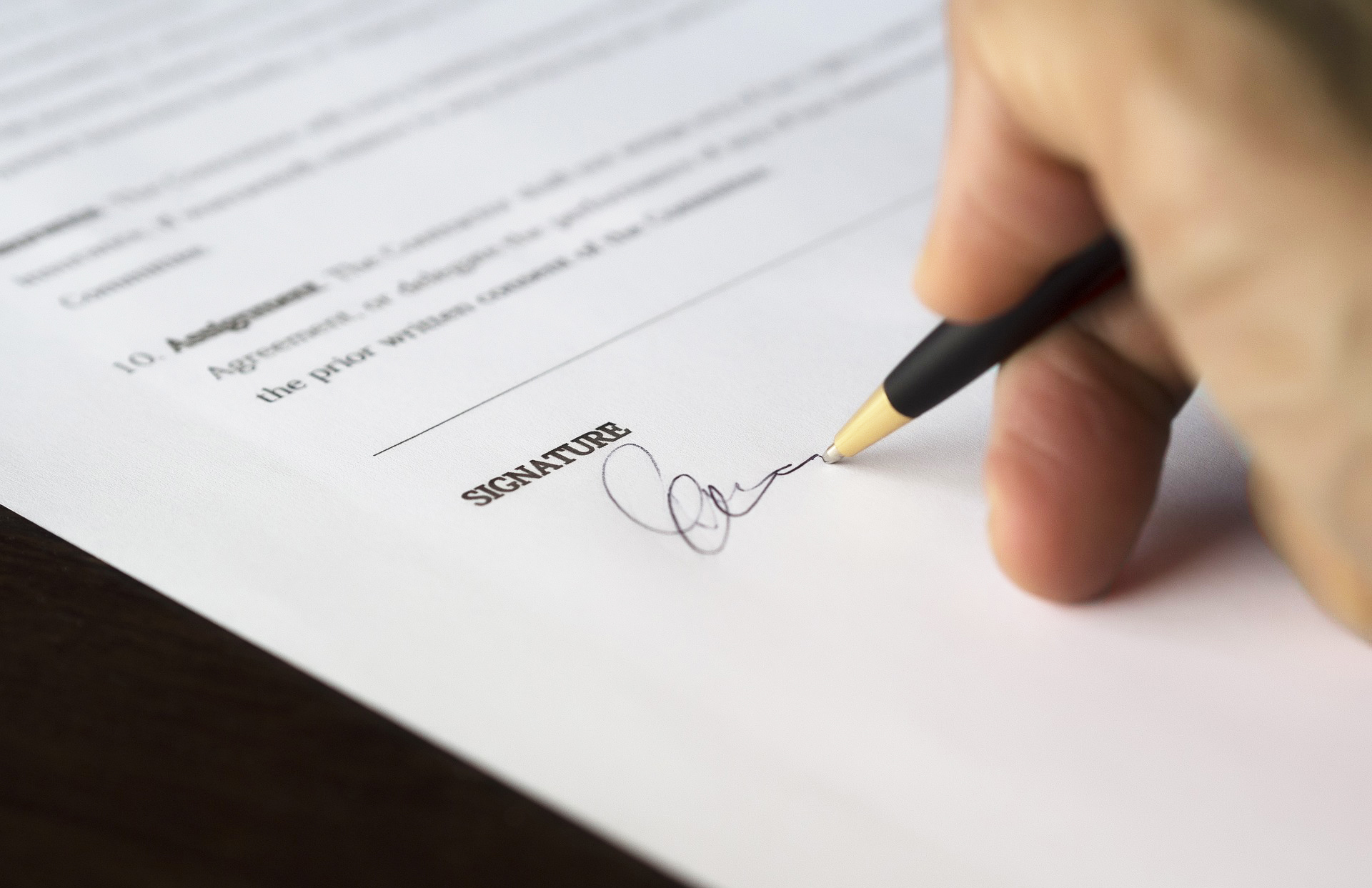
If you are a wedding and/or event photographer, then you understand the essential role second and third shooters play. While we focus on capturing moments from one angle, they cover alternate angles and more importantly, detail shots.
However, the question arises: do the images belong to us, the primary photographers, or to the second shooters? It may seem straightforward since we hired them, but the reality can be quite different. Additionally, can the second shooter use their images for self-promotion, and who receives credit for the photos?
The following information is provided by the team over at TheLawTog®. Rachel is a lawyer but not your lawyer. Unless you want her to be – then we can work that out. This blog is general information for education only. Always consult local counsel.
Who Owns the Images?
Legally, without a signed agreement, the copyright still belongs to the second shooter. Read that again, the photographer that takes the photos still owns the copyright unless you have a signed agreement stating otherwise. They even have the authority to prevent the primary photographer or studio from publishing their images.
There are a few different ways to approach an agreement with a second shooter. Sometimes a photographer and a second shooter will agree that the primary photographer will be transferred copyright, while the second shooter will still have permission to use the images they captured (or the later edited versions of their images) for marketing purposes. There may even be a requirement for a specific credit (Taken as a second shooter for “ABC Photography.”)
Knowing all of this really emphasizes the importance of having a detailed, written agreement with the second shooter.
Other Second Shooter Contract Considerations
However, copyright ownership isn’t the only reason to have a contract with your second shooter.
Situations such as the following should all be covered as well: what gear a second shooter is expected to bring to the event, when and where images will be handed over (and who provides the memory cards on which the images will be stored), what expenses (if any) the second shooter will be reimbursed for – like parking, meals, and travel, who is responsible if the second shooter or their gear (or you or yours) is damaged or injured during an event, and will they be covered by your liability insurance or do they need their own?
Open communication and mutual respect with the second shooter are essential for a successful professional relationship and expectations need to be clearly defined upfront to avoid misunderstandings and enjoy a fruitful partnership.
What You Need in a Second Shooter Contract
What You Need in a Contract Photographer (Work for Hire) Agreement:
1. Copyright and Reproduction Rights: Clearly define that the primary photographer owns the copyright to all images shot by the second shooter. Specify permissions, embargo periods, and crediting requirements.
2. Independent Contractor Status: Clarify that the second shooter is an independent contractor, not an employee, for liability, tax, and insurance reasons.
3. Compensation: Explain the payment arrangement for the assignment, including expenses. Clarify responsibilities regarding client-provided meals.
4. Assignment Details: Specify whether the agreement is for one specific job or future assignments. Elaborate on minimum hours or assignment quotas if applicable.
5. Completion Schedule: Set a delivery deadline for the second shooter to ensure timely image delivery.
6. Confidentiality: Designate marketing materials, price lists, contracts, and agreements as confidential.
7. Liability: Define coverage for financial loss, injuries, and equipment damage.
8. Equipment: Detail the equipment provided by both parties.
Conclusion
While these guidelines are helpful, consulting with a lawyer versed in copyright and intellectual property is very important when creating a work-for-hire agreement. For second shooter contracts and information, be sure to check out TheLawTog®.




Get Connected!